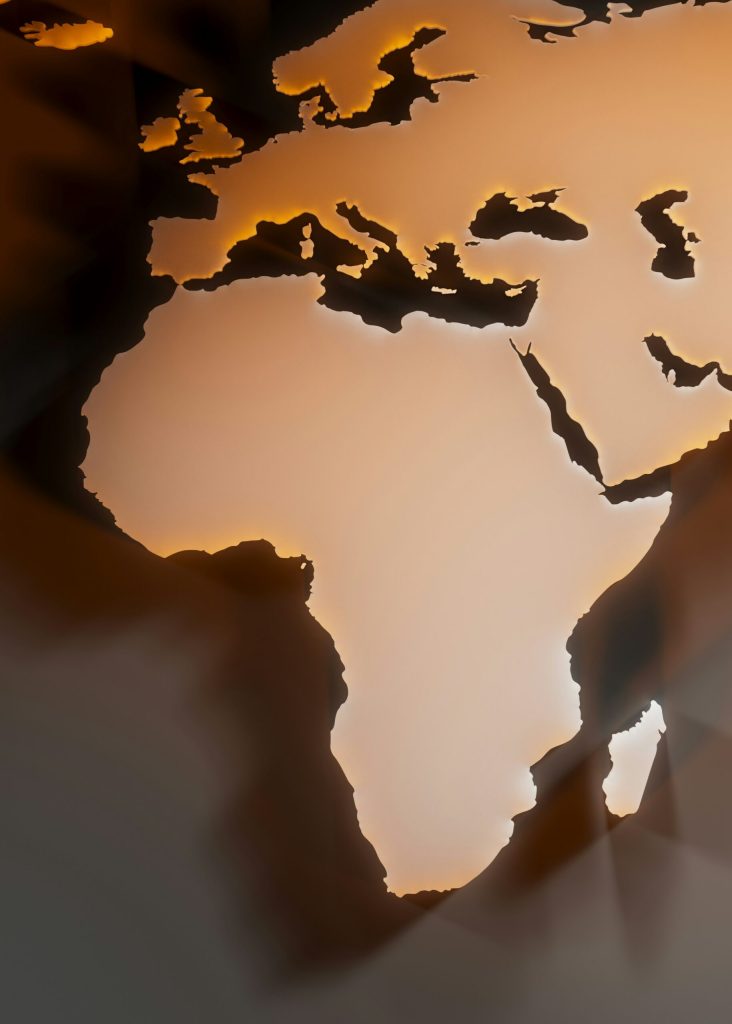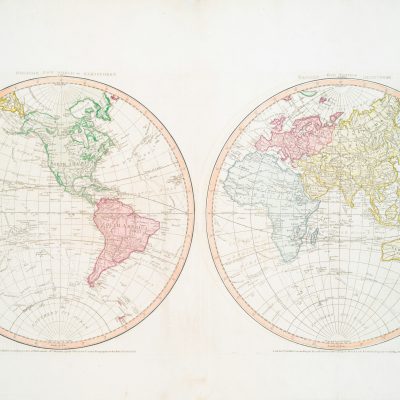Rethinking EU-Africa strategic relationship in a shifting global order

Two months into the new American administration, the shift towards a new international order, whose contours are still uncertain, is no longer open to debate. This movement, underway for many years, has accelerated dramatically: its simultaneous deployment across multiple fronts – the trade war, the Israeli-Palestinian conflict, the war in Ukraine, perhaps soon Panama, Greenland – and its rapid shifting from one to another has nearly overwhelmed European countries’ capacity of initiative.
Europeans find themselves in a position where, for the time being, they can only react to unfolding events, even those occurring on their own continent along the Ukrainian border. However, another frontier faces essential challenges that risk being overshadowed this submersion effect: the one with Europe’s other immediate neighbour, Africa.^Nevertheless, there remains time to establish dynamics that will allow Europeans maintain initiative – to act rather than merely react.
This requires, first and foremost, redefining what EU’s relationship with Africa is. Over the past two decades, Europe’s vision has progressively narrowed to development aid issues, while losing ground diplomatically, in security matters and economically. It is time to recognise this relationship for what it truly is: essential and strategic, on par as the one with China or the Middle East. The second step is to build a unified European vision that transcends fragmentation based on the particular interests – or lack thereof – of individual member states. The issues at stake are global: just as the effects of the war in Ukraine do not stop at Poland, the consequences of the Sahel crisis will not be contained to Spain, France or Italy. The opportunities Africa offers for diversifying sources of gas and critical metals supplies directly addresses European sovereignty concerns. So too does the development of balanced trade relations with a neighbouring continent of 1.5 billion people. The approach that has fostered unacknowledged intra-European semi-competition in areas such as taxation, energy and – more glaringly than ever – defence, has clearly reached its limits.
In practical terms, the first question is “Where to start?” To halt the steady erosion of Europe’s position on the continent, it is urgent to address the issue of financing: the needs are of course colossal – the annual financing gap in the infrastructure sector alone is estimated at more than $100 billion. Yet over the past fifteen years, responsibility for European financing, once shared between commercial banks and development banks, has fallen almost entirely on development banks’ shoulders. Without going into the multiple causes of this shift – regulatory changes, market conditions, risk perception – the scale of the challenges makes it clear that development banks and the public sector cannot be expected to cover needs they were never designed to address, and which will always exceed their capacity. The only viable solution is to bring private finance back into the system.
To achieve this, Europe must increase available financing capacity through joint public-private action, sectors that have grown too distant from each other over time – unlike the Chinese system, which advances through state banks and companies, or the American coordinated approach. In Europe, the decades-long wealth of experience accumulated by development banks must now be leveraged to be used to reassure the private sector, while at the same time also engaging the regulator. By precisely understanding financial investors’ specific constraints regarding regulation, risk management and target returns, it will be possible to define solutions that address their concerns and to reconcile the best of both worlds through effective public-private partnerships.
There is still time, but the situation grows increasingly urgent: the United States has withdrawn substantial funding from USAID programs (which used to be the largest donor), European budgets face mounting pressures, and priorities are shifting towards defence funding and Ukrainian reconstruction – the United Kingdom has already announced plans to redirect portions of its aid budget to defence. Over the past 20 years, African countries have consistently diversified their partnerships – well beyond China’s well-documented involvement – as the continent’s weight has expanded on the international stage. The EU can choose to align with this dynamic proactively. If it fails to do so, it will find itself weathering future crises rather than preventing them.




